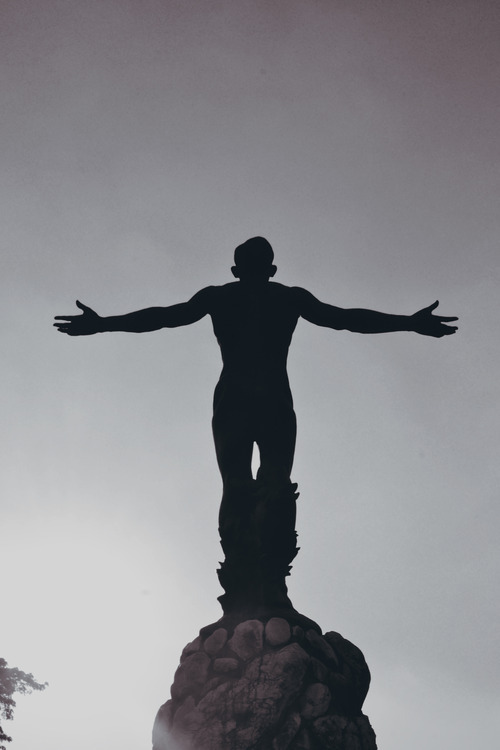Originally published in The Living Church, 22 Mar. 2015.
Just
after the Twin Towers fell on September 11, 2001, the students and faculty at
General Seminary in Manhattan gathered in the chapel. The seminary is less than
a ten-minute drive north of Ground Zero, and for the students and faculty it
was a moment of great confusion, anxiety, and fear. The Rev. Teresa Daniely,
now an Episcopal priest, was in her first week of studies at General that day. “I did not know if I would live through
that day; I assumed that I would not,” she wrote in 2010 for the Grace Prayer
Network’s weblog (is.gd/U77vAr). “We got on our knees and prayed the Great
Litany, a series of prayers that includes prayers of confession and prayers in
preparation for death.
On that day, when the world seemed to be falling
apart, the people of General Seminary found in the Litany the only fitting words
for their deepest anxiety and hope. They were in good company. The Litany is a
text forged out of tragedy. The eruptions of fourth-century volcanoes, the
perils of the Black Death, and wars of the 16th century all left a mark on its
historical development. It is a text that speaks to pastoral need, the Church’s
gift for times of crisis. When you do not know how else to pray, there is
always the Litany.
